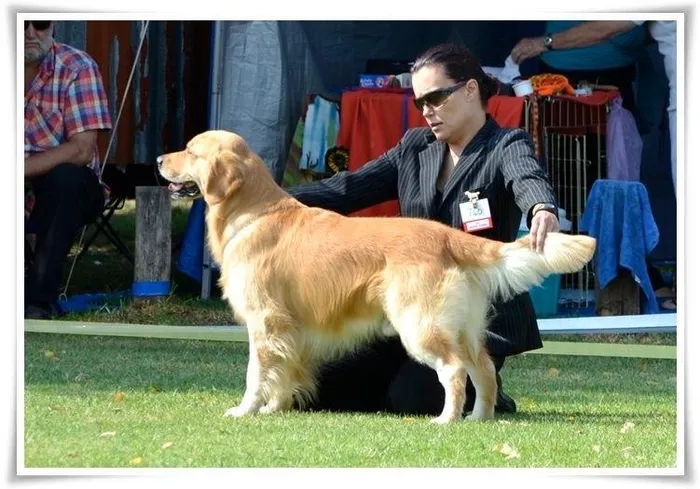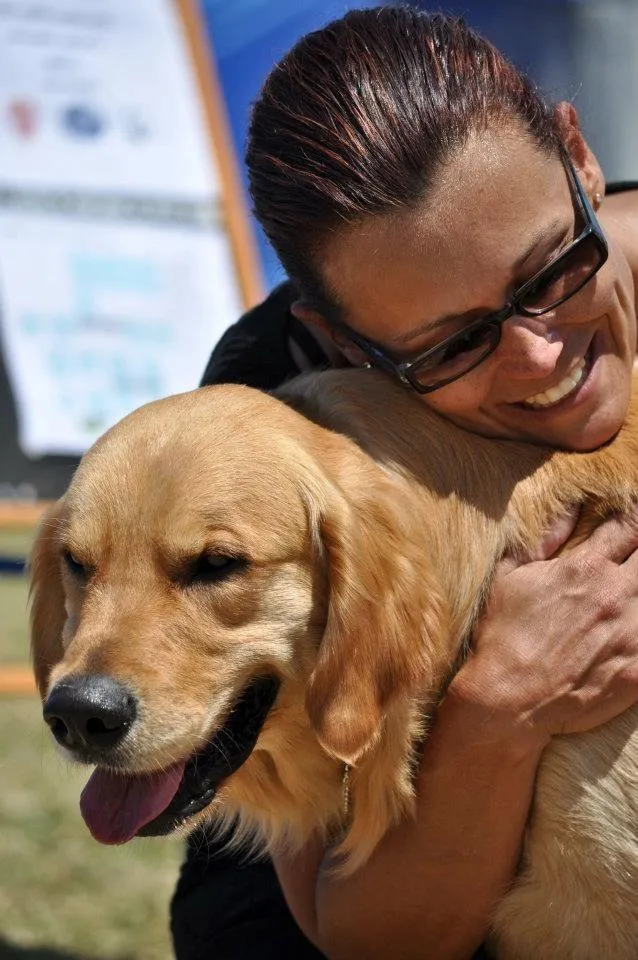
Arnel Sauer, Ethical Breeder and Advocate for Canine Welfare – Mochavulin Golden Retrievers.
Image: Supplied.
South Africa is facing a silent crisis, one that begins with a wagging tail behind a glass window and ends in overcrowded rescue shelters.
The sale of puppies through pet stores and unregulated online platforms may seem convenient, but it masks a troubling reality: irresponsible breeding practices, poor temperament matching, and a disregard for the lifelong welfare of dogs.
The Kennel Union of Southern Africa (KUSA) is the only recognized authority under the Animal Improvement Act (AIA) for registering purebred dogs in South Africa.
Breeding dogs without KUSA registration is not just irresponsible, it’s unethical.
Without verified lineage, health screening, and adherence to the KUSA Code of Ethics, puppies may be the product of inbreeding, poor genetic planning, or exploitative practices.
Pet stores often claim that puppy welfare is a priority. But welfare is not a checkbox, it’s a lifelong commitment.
Ensuring a puppy’s health, temperament, and suitability for its future home requires far more than a clean cage and a vaccination certificate.
No puppy should be separated from its mother or litter before 8 weeks of age.
This isn’t just a guideline, it’s a developmental imperative. During this time, puppies learn bite inhibition, social cues, and emotional regulation from their mother and siblings.
Removing them prematurely exposes them to environmental and psychological stressors that can lead to long-term behavioural issues, anxiety, and poor adaptability.
Ethical breeders don’t just sell puppies, they place them.
At 7 weeks, temperament assessments help determine which puppy suits which home.
A timid pup may thrive in a quiet, adult-only household, while a high-energy pup could overwhelm an elderly couple.
Pet stores, by contrast, offer no such screening. Buyers often choose based on appearance or impulse, without understanding the breed’s needs, energy levels, or compatibility with their lifestyle.
This isn’t just about Golden Retrievers, it applies to every breed. From Border Collies to Basset Hounds, each dog deserves a home that understands and respects its nature.
Let’s be clear: anyone breeding dogs without KUSA registration is a puppy farmer.
These breeders operate outside ethical frameworks, often prioritizing profit over welfare. Pet shops and online platforms that source from such breeders perpetuate this cycle.
Without transparency, buyers have no way of knowing if the puppy was bred from a father-daughter pairing or if the dam has been overbred past safe limits.
Ethical breeders follow the KUSA Code of Ethics and breed only to improve the breed—not to meet demand.
They conduct health checks, genetic screenings, and maintain detailed pedigrees. They mentor new owners, offer lifelong support, and take responsibility for every puppy they produce.
In a country where thousands of dogs are surrendered to shelters each year, we must demand better.
We must stop supporting breeders who operate outside KUSA. We must stop buying puppies from pet stores and online listings that cannot prove ethical sourcing.
And we must educate the public: a puppy is not a product, it’s a life.
Arnel Sauer, Ethical Breeder and Advocate for Canine Welfare – Mochavulin Golden Retrievers.

Arnel Sauer, Ethical Breeder and Advocate for Canine Welfare – Mochavulin Golden Retrievers.
Image: Supplied.
BUSINESS REPORT